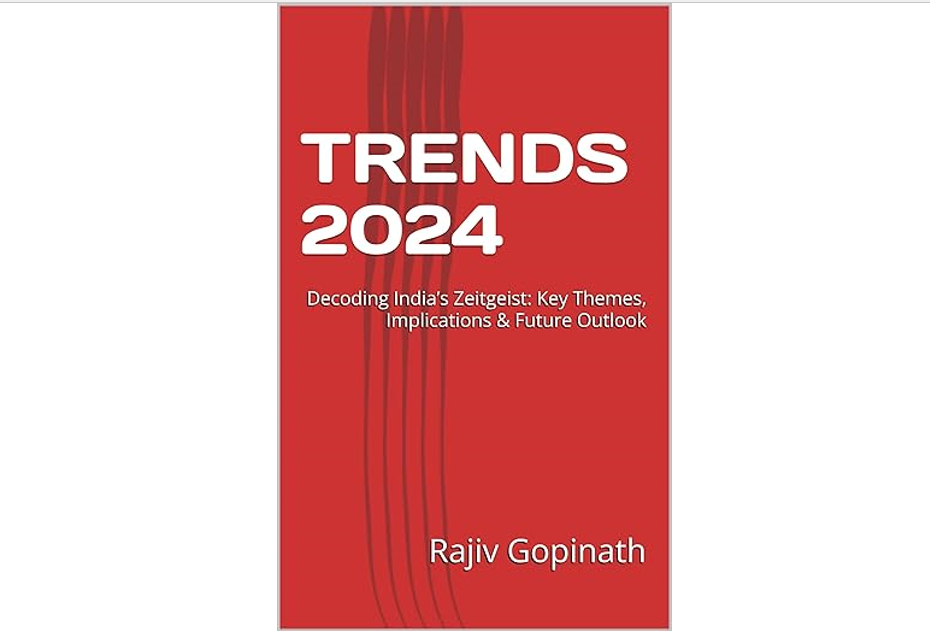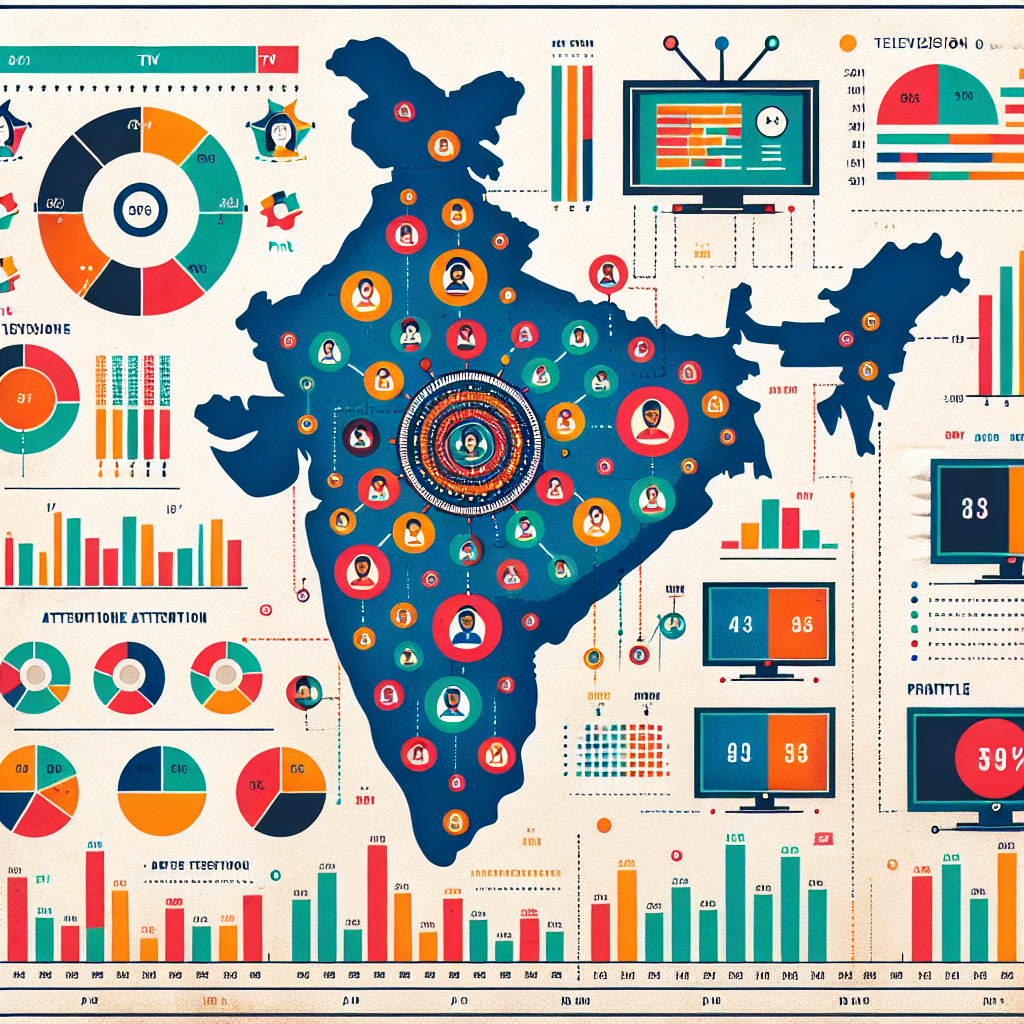The Ethics of First Party Data Collection: How Far is Too Far
Ray still remembers the moment that fundamentally changed his perspective on data collection. While leading a digital transformation project for a major retailer, his team was implementing what seemed like an innocuous enhancement—heat mapping customer movements through physical stores using anonymized smartphone signals. The data was technically "first-party" since customers were on the premises. During the presentation of the initial findings, a board member asked a simple question that silenced the room: "Did our customers actually consent to this tracking, or are we just doing it because we can?" The uncomfortable silence that followed sparked Ray’s ongoing obsession with the ethical boundaries of first-party data collection. What began as a technical implementation question evolved into a much deeper examination of the responsibilities that come with data stewardship in the digital age.
Introduction: The First-Party Paradox
As third-party cookies crumble and data privacy regulations tighten globally, marketers have pivoted decisively toward first-party data—information collected directly from consumers through owned channels. This shift represents not just a tactical response to technical constraints but a fundamental realignment of the digital marketing ecosystem.
First-party data has emerged as marketing's new foundation, with 88% of marketers in a recent Salesforce study identifying it as critical to their digital strategy. Its advantages are compelling: higher accuracy, exclusive competitive advantage, and apparent immunity from many privacy regulations. Yet this pivot introduces a profound ethical paradox—while first-party data collection appears more transparent than third-party alternatives, its very directness creates new potential for boundary violations.
As Harvard Business Review notes, "Just because a company can collect certain data doesn't mean it should." This tension between capability and responsibility defines the ethical frontier of modern marketing. According to the Edelman Trust Barometer, 81% of consumers say they need to trust a brand to buy from it, yet only 34% actually trust the brands they use to handle their data appropriately.
This article explores the ethical boundaries of first-party data collection, examining where legitimate personalization ends and problematic surveillance begins, how leading organizations are navigating these complexities, and how brands can establish ethical frameworks that build trust while delivering business value.
1. Consent vs. Coercion: The Thin Ethical Line
At the heart of ethical first-party data collection lies the concept of meaningful consent—yet implementation reveals complex challenges that go beyond simple compliance checkboxes.
The Dark Patterns Problem
Many brands technically obtain "consent" while employing what design ethicists call dark patterns—interface designs that manipulate users into sharing more data than they might otherwise choose to. Examples include:
- Pre-checked consent boxes buried in lengthy terms of service
- False urgency ("Limited time offer: Share your preferences now!")
- Forced continuity ("Your personalized experience will end unless you share more data")
- Confusing toggle designs that obfuscate opt-out options
Research from Princeton University found that 88% of the top 10,000 websites employ at least one dark pattern in their consent flows. This raises profound questions about whether technically "consensual" first-party data collection remains truly ethical.
The Value Exchange Imperative
Ethically advanced organizations implement what professor Shoshana Zuboff of Harvard Business School calls "legitimate value exchanges" rather than extractive data practices. Outdoor retailer Patagonia exemplifies this approach, requesting only the data necessary for specific consumer benefits and clearly articulating how each data point enhances the customer experience. Their transparent approach has contributed to their ranking among the top 10 most trusted consumer brands according to the Reputation Institute.
Ethics professor Deborah Johnson of the University of Virginia argues that "ethical first-party data collection requires reciprocity—each piece of data collected should deliver tangible value to both the company and the consumer." This standard creates a higher bar than mere legal compliance.
2. The Expansion of First-Party Collection: Where Context Collapses
As organizations expand their first-party data capabilities, ethical questions arise around contextual integrity and consumer expectations.
Cross-Channel Context Collapse
When brands track behavior across multiple owned properties, they risk what privacy scholars call "context collapse," where data collected in one context is used in ways consumers wouldn't reasonably expect.
Banking giant HSBC faced backlash after integrating financial transaction data with website browsing behavior to target financial products—technically all first-party data, but combining contexts in ways many customers found unexpected and intrusive. This incident demonstrates that just because data is collected through owned channels doesn't automatically make its use ethical.
The Inference Challenge
Advanced AI and machine learning techniques now allow brands to generate sensitive inferences from seemingly innocuous first-party data. Target's infamous pregnancy prediction algorithm, which identified expecting mothers through purchase pattern analysis before they had announced their pregnancies, represents an early example of this ethical frontier.
Dr. Sandra Wachter of the Oxford Internet Institute argues that "the right to reasonable inferences" represents the next frontier in data ethics, noting that "it's not just what you explicitly collect but what you algorithmically derive that raises ethical concerns."
3. Beyond Compliance: Ethical Frameworks for First-Party Data
Leading organizations are moving beyond legal minimums to establish comprehensive ethical frameworks for data governance.
Ethics by Design
Microsoft has pioneered an "Ethics by Design" approach to data collection that embeds ethical decision-making throughout the product development lifecycle. Their FATE (Fairness, Accountability, Transparency, and Ethics) team conducts regular ethics reviews of data collection practices, asking not just "Can we?" but "Should we?"
Contextual Integrity Assessment
Pioneered by Professor Helen Nissenbaum, contextual integrity frameworks evaluate whether data flows respect the norms and expectations of specific contexts. Financial services firm Vanguard applies this framework by regularly conducting "expectation audits" with customer panels to ensure their data practices align with consumer expectations.
Data Ethics Councils
Organizations including Accenture, Deutsche Telekom, and Mastercard have established data ethics councils that include external stakeholders and ethicists. These bodies provide governance over first-party data collection practices, particularly for novel use cases that existing policies may not adequately address.
4. The Trust Advantage: Ethical Data as Competitive Moat
Beyond avoiding harm, ethical first-party data practices deliver measurable business advantages. According to PwC research, brands considered "data trustees" command price premiums averaging 16% higher than competitors and achieve customer retention rates 33% above industry averages.
Apple's privacy-focused positioning has yielded both reputational and financial benefits. Their App Tracking Transparency framework, while restricting some data collection, has strengthened consumer trust and contributed to the company's sustained premium market position.
McKinsey research reinforces this connection, finding that companies in the top quartile of customer trust ratings outperform sector peers in revenue growth by more than 4% annually.
Conclusion: The New Ethics of First-Party Relationships
As first-party data becomes the cornerstone of digital marketing, ethical considerations will increasingly define competitive advantage. The organizations that thrive will be those that move beyond compliance checkboxes to establish genuine data ethics frameworks rooted in respect for consumer autonomy, contextual expectations, and meaningful reciprocity.
This evolution requires marketers to shift from viewing data as something to be extracted to seeing it as a mutually beneficial exchange within a trust-based relationship. By establishing clear ethical boundaries for first-party data collection—even when those boundaries limit short-term capabilities—brands can build the durable trust that sustains long-term business success.
Call to Action
For marketing leaders navigating the ethical complexities of first-party data:
- Conduct an ethical audit of your current first-party data collection, identifying practices that may technically comply with regulations but violate consumer expectations
- Implement preference centers that offer genuine choice rather than illusions of control
- Establish clear organizational principles for first-party data ethics that guide decisions beyond legal compliance
- Consider creating cross-functional ethics councils that evaluate novel data use cases before implementation
In the privacy-first future, your most valuable competitive advantage may not be how much data you collect, but how thoughtfully you collect it. The brands that master ethical first-party data practices won't just avoid regulators' scrutiny—they'll earn the enduring trust that drives sustainable growth.
Featured Blogs

TRENDS 2024: Decoding India’s Zeitgeist: Key Themes, Implications & Future Outlook

How to better quantify attention in TV and Print in India

AI in media agencies: Transforming data into actionable insights for strategic growth

How the Attention Recession Is Changing Marketing

The New Luxury Why Consumers Now Value Scarcity Over Status

The Psychology Behind Buy Now Pay later

The Rise of Dark Social and Its Impact on Marketing Measurement

The Role of Dark Patterns in Digital Marketing and Ethical Concerns








